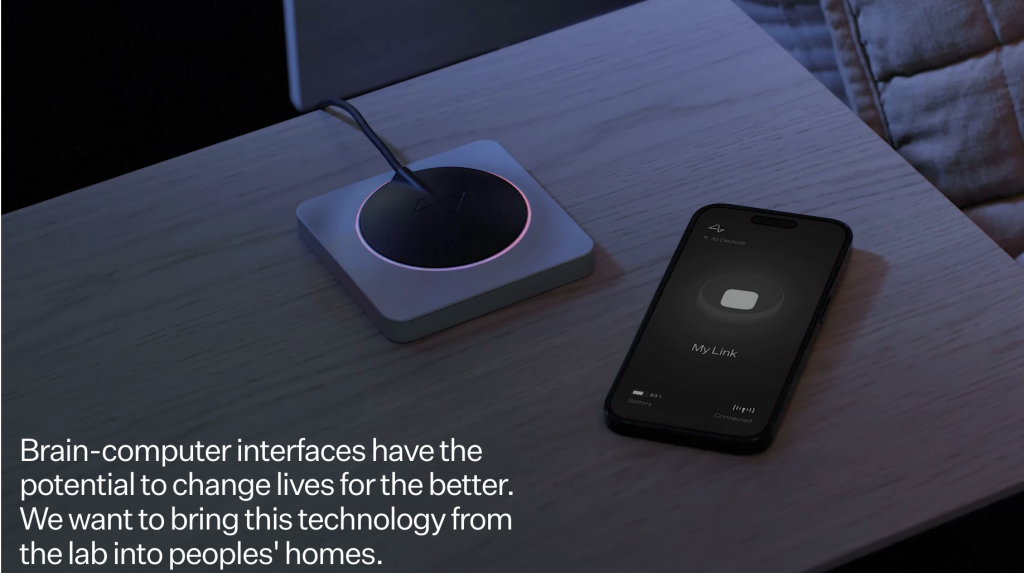
Neuralink chips, which will be implanted into people’s brains, are expected to connect wirelessly to devices. (Source: Neuralink)
Neuralink Seeks Human Subjects for Brain Chip, Despite Monkey Deaths During Trials
A story on wired.com about the effects of the Neuralink implants on monkey brains should make potential human subjects think twice about volunteering for such a risky procedure. The company began taking applications from humans for trials last week. The FDA approved their plan to implant chips into people’s brains in May.
An ex-employee at Neuralink disputed CEO Elon Musk’s claims that no monkeys died due to the implants but instead were already terminally ill. According to the ex-employee and an anonymous scientist at the California National Primate Research Center (CNPRC), the implants caused the monkeys discomfort or pain and their reaction to them led to their deaths.
WIRED relied on public records to confirm the allegations.
“The documents include veterinary records, first made public last year, that contain gruesome portrayals of suffering reportedly endured by as many as a dozen of Neuralink’s primate subjects, all of whom needed to be euthanized. These records could serve as the basis for any potential SEC probe into Musk’s comments about Neuralink, which has faced multiple federal investigations as the company moves toward its goal of releasing the first commercially available brain-computer interface for humans.”
The whistleblowers describe the monkey deaths in detail. Here are some of their descriptions of the experiments on monkeys, which were conducted between 2017 and 2020:
In an experimental surgery that took place in December 2019, performed to determine the “survivability” of an implant, an internal part of the device “broke off” while being implanted. Overnight, researchers observed the monkey, identified only as “Animal 20” by UC Davis, scratching at the surgical site, which emitted a bloody discharge, and yanking on a connector that eventually dislodged part of the device. A surgery to repair the issue was carried out the following day, yet fungal and bacterial infections took root. Vet records note that neither infection was likely to be cleared, in part because the implant was covering the infected area. The monkey was euthanized on January 6, 2020.
Additional veterinary reports show the condition of a female monkey called “Animal 15” during the months leading up to her death in March 2019. Days after her implant surgery, she began to press her head against the floor for no apparent reason; a symptom of pain or infection, the records say. Staff observed that though she was uncomfortable, picking and pulling at her implant until it bled, she would often lie at the foot of her cage and spend time holding hands with her roommate.
Animal 15 began to lose coordination, and staff observed that she would shake uncontrollably when she saw lab workers. Her condition deteriorated for months until the staff finally euthanized her. A necropsy report indicates that she had bleeding in her brain and that the Neuralink implants left parts of her cerebral cortex “focally tattered.”
Yet another monkey, Animal 22, was euthanized in March 2020 after his cranial implant became loose. A necropsy report revealed that two of the screws securing the implant to the skull loosened to the extent that they “could easily be lifted out.” The necropsy for Animal 22 clearly states that “the failure of this implant can be considered purely mechanical and not exacerbated by infection.” If true, this would appear to directly contradict Musk’s statement that no monkeys died as a result of Neuralink’s chips.
The Physicians Committee for Responsible Medicine, a nonprofit striving to abolish live animal testing, claims that Musk knew his statements about the monkey trials were “false,” and that investors needed to know about the safety issues Neuralink. The group sent letters of complaint to top officials at the US Securities and Exchange Commission (SEC) to trigger an investigation of potential securities fraud.
read more at wired.com

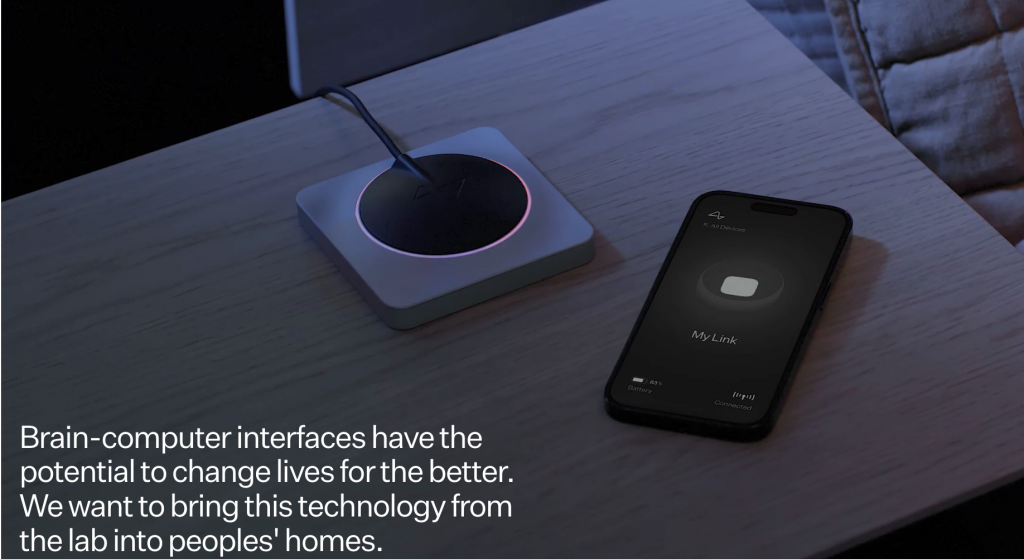
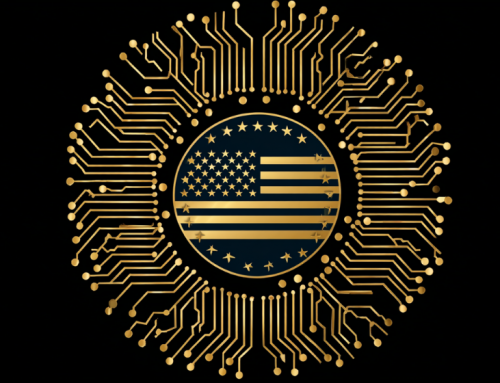

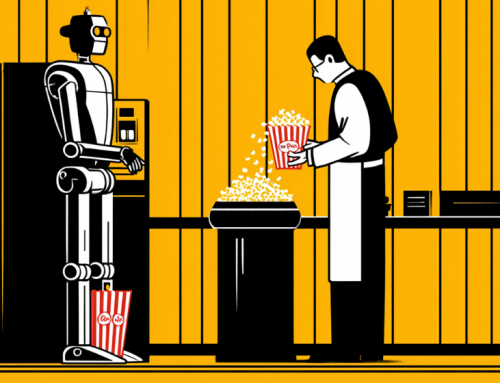
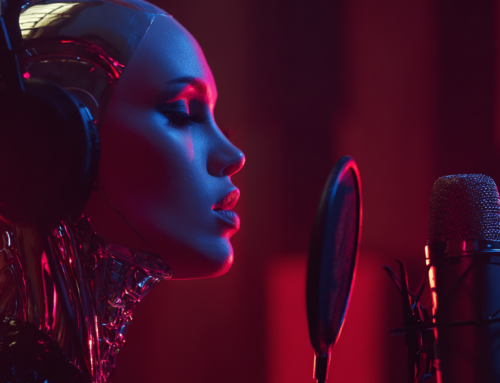


Leave A Comment